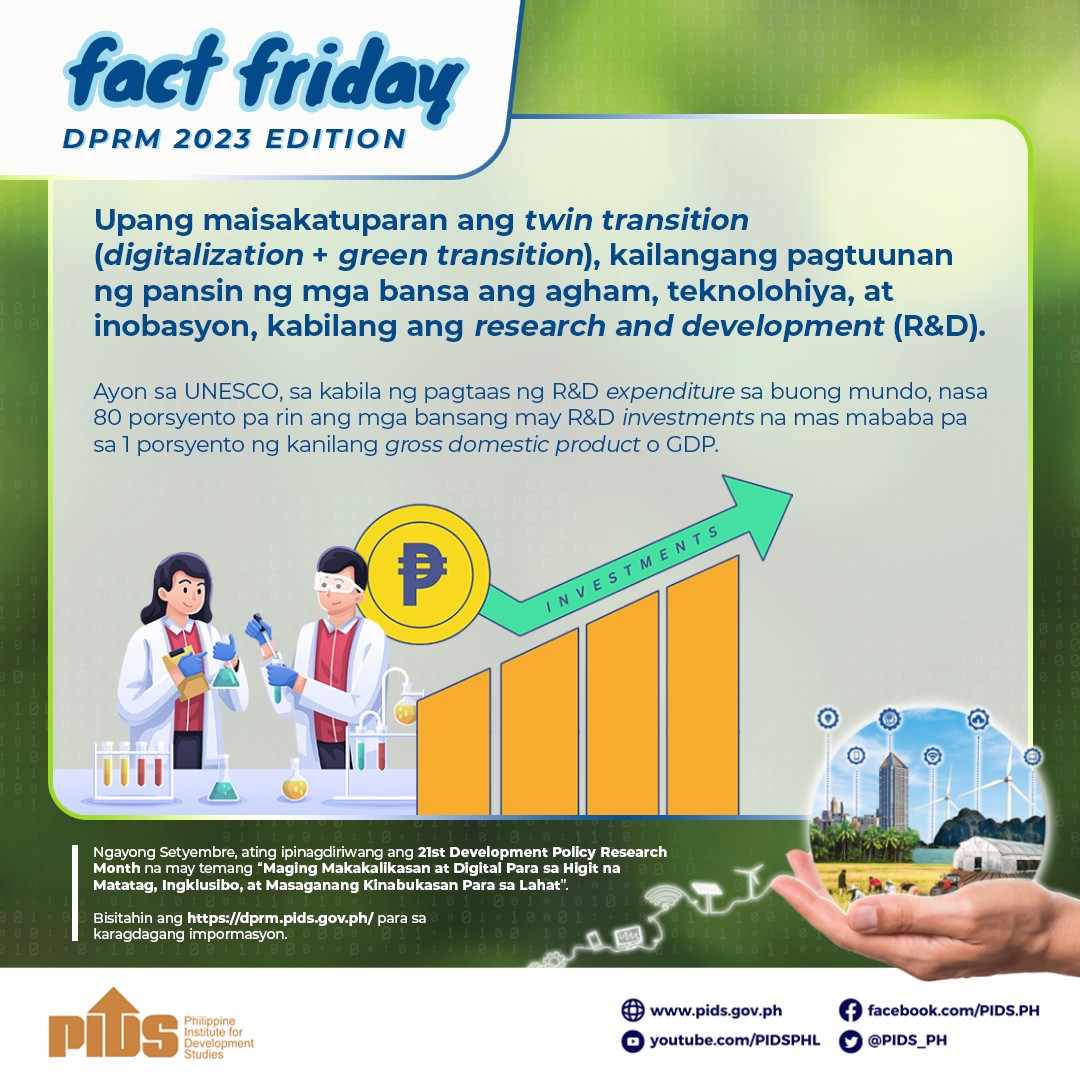For years, the agricultural sector has been the unheralded hero of the economy, often operating under the radar compared to the more celebrated services and industry sectors. Meanwhile, the rural banking industry has consistently been supportive of agriculture, also in consonance with its mandate to allocate a portion of their loanable funds to the sector.
Under Republic Act 10000, or the Agri-Agra Reform Credit Act, local banks are required to allot 15 percent of their portfolios for agriculture, and 10 percent to agrarian reform beneficiaries. This time, rural banks must up the ante insofar as its commitment to agriculture development is concerned. Agriculture’s progress will prove instrumental in helping the country achieve financial inclusion. Based on the Policy Notes publication of government think-tank Philippine Institute for Development Studies (PIDS), agricultural development is key to inclusive growth. "The accelerating pace of economic growth in the Philippines will not translate into inclusive, sustainable growth if agricultural development is neglected,” PIDS said. The government research institution explained that agricultural development in the Philippine context involves a transition from farming to agribusiness. With agribusiness, agri-related activities put farmers, processors, distributors and consumers within a system that aims to produce, handle, process, transport, market and distribute agricultural products. This will entail a structural transformation in agriculture itself, from traditional to high-value crops, as well as product upgrading. The question is, where will farmers source funds to enable such transformation? This is where rural banks come in. Accredited rural financial institutions such as rural banks act as direct conduits to the agriculture sector and agrarian reform beneficiaries, by channeling the funds specifically allotted by other banks for the program, thus giving rural banks an important role in the funding chain. By enhancing access of the agricultural sector to financial services and programs that increase its market efficiency and promote modernization in the sector, rural banks serve as a crucial catalyst in rural development. PIDS noted that one of the primary reasons for the non-inclusivity of economic growth and persistence of poverty in the Philippines is the lack of productive employment. With the development of agribusiness anchored on the aggressive involvement of rural banks, the agriculture sector will not only be responsible for putting food on the table, but also for creating jobs and livelihood for the poor.












